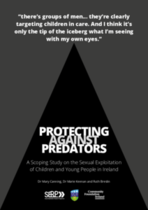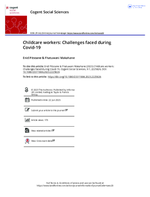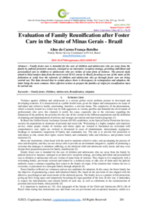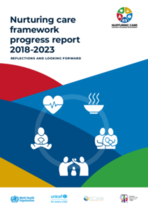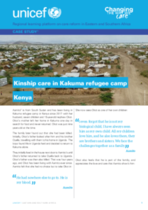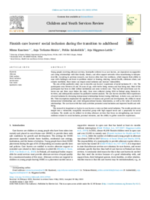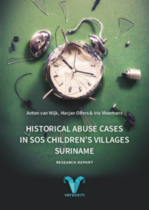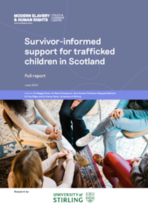Protecting Against Predators: A Scoping Study on the Sexual Exploitation of Children and Young People in Ireland
This scoping study explores forms of sexual exploitation of children and young people in Ireland, including those whose life experiences make them more vulnerable including being in care, going ‘missing’ or running away from home or a care placement.

